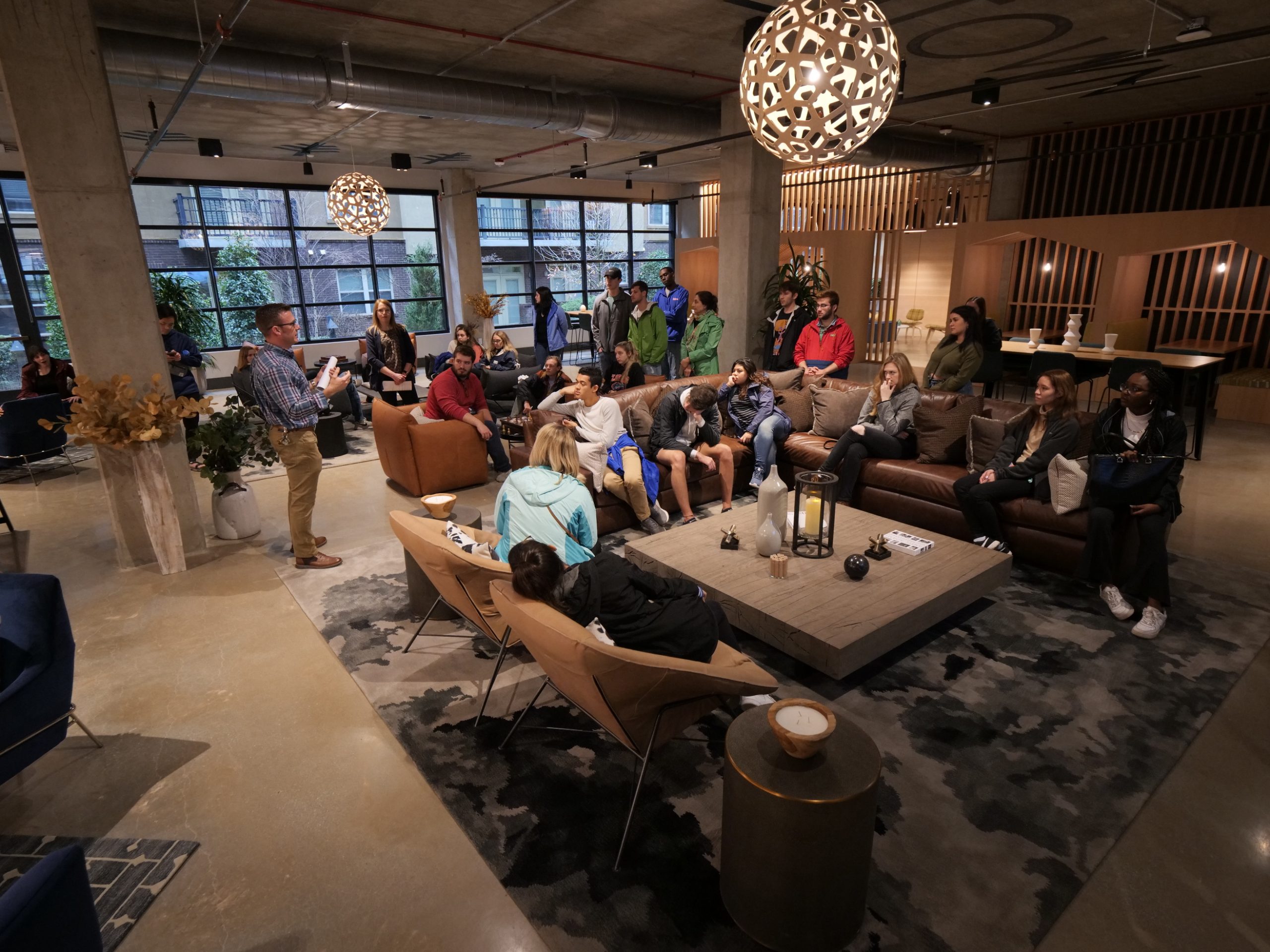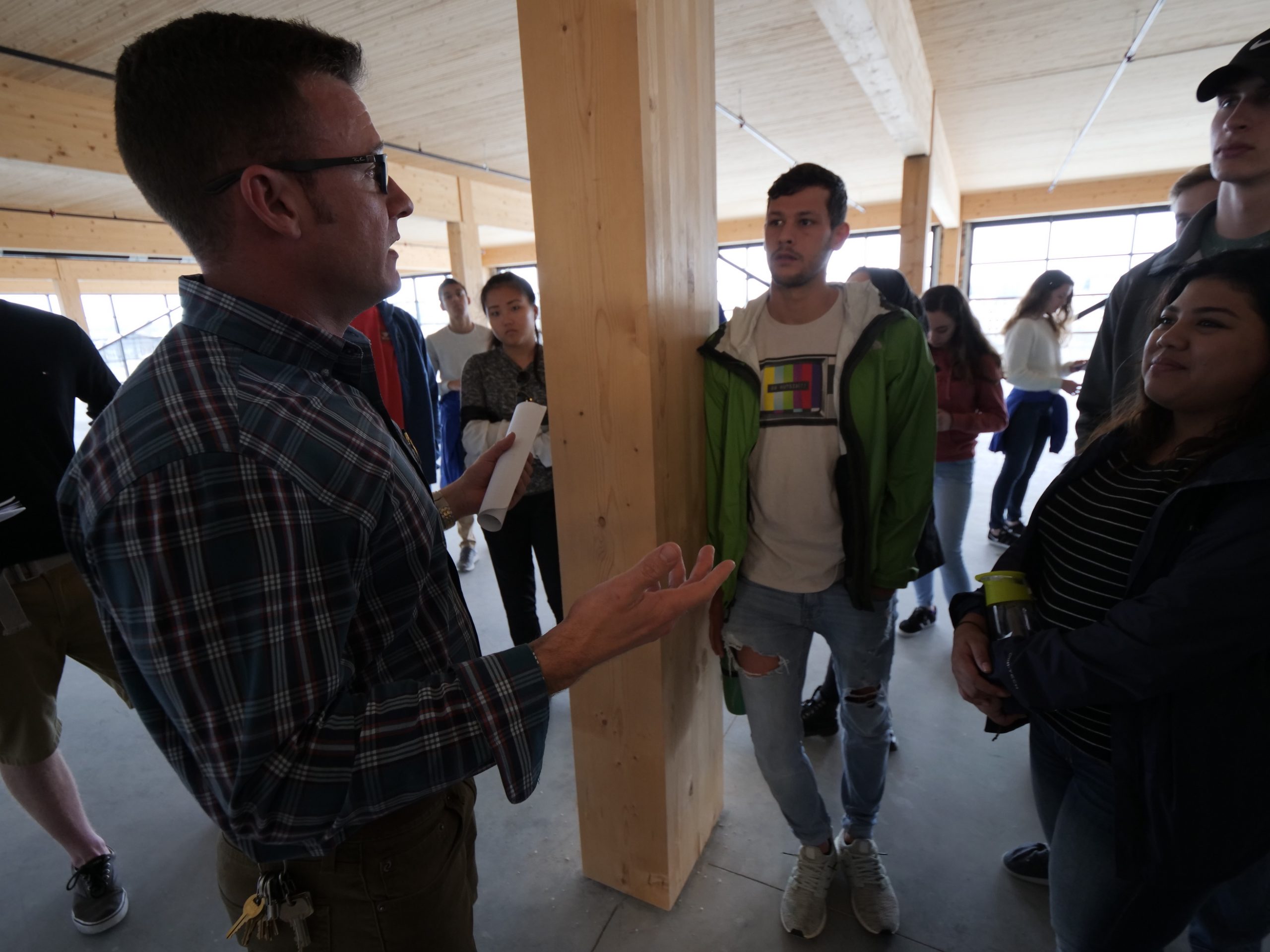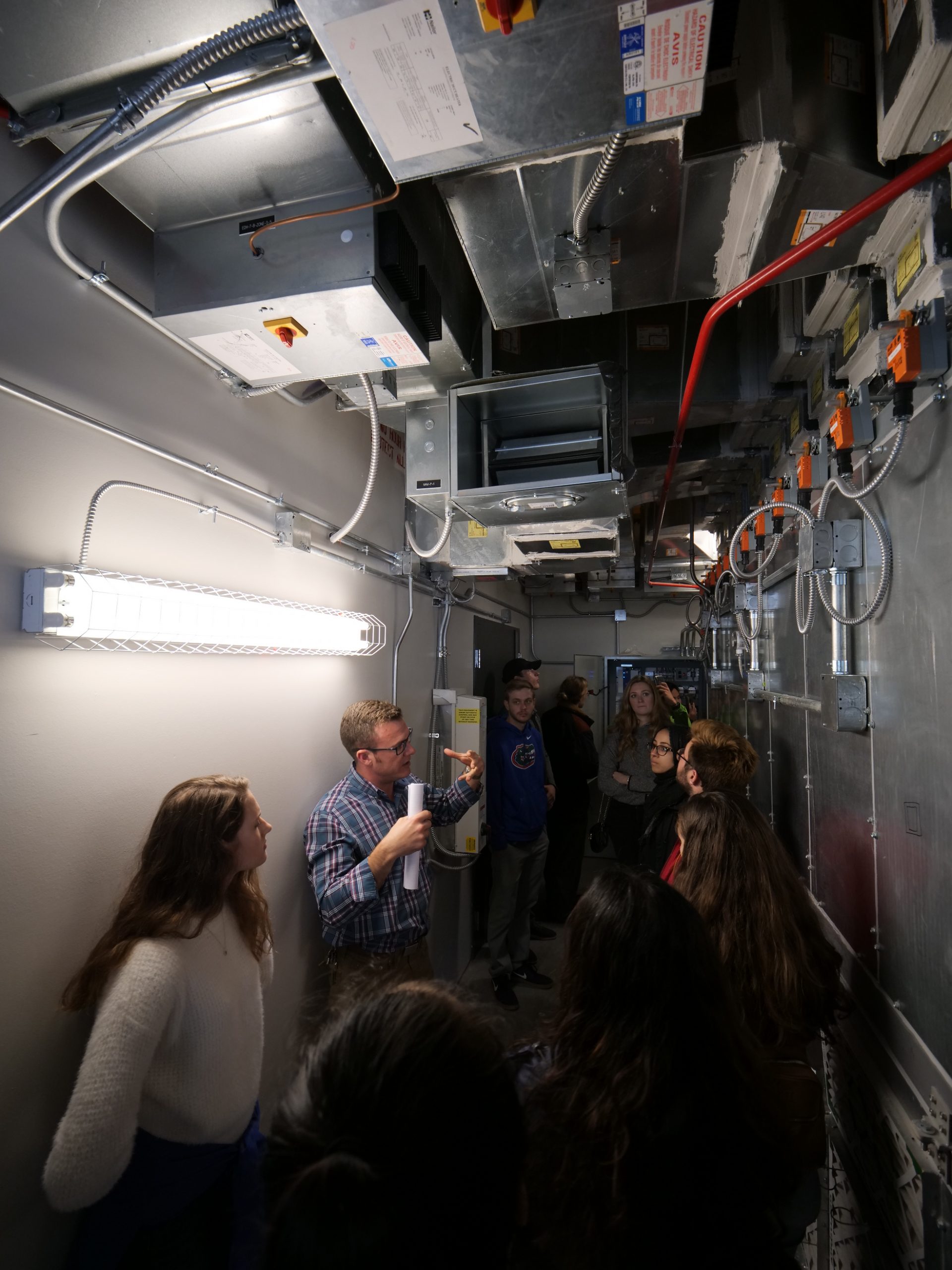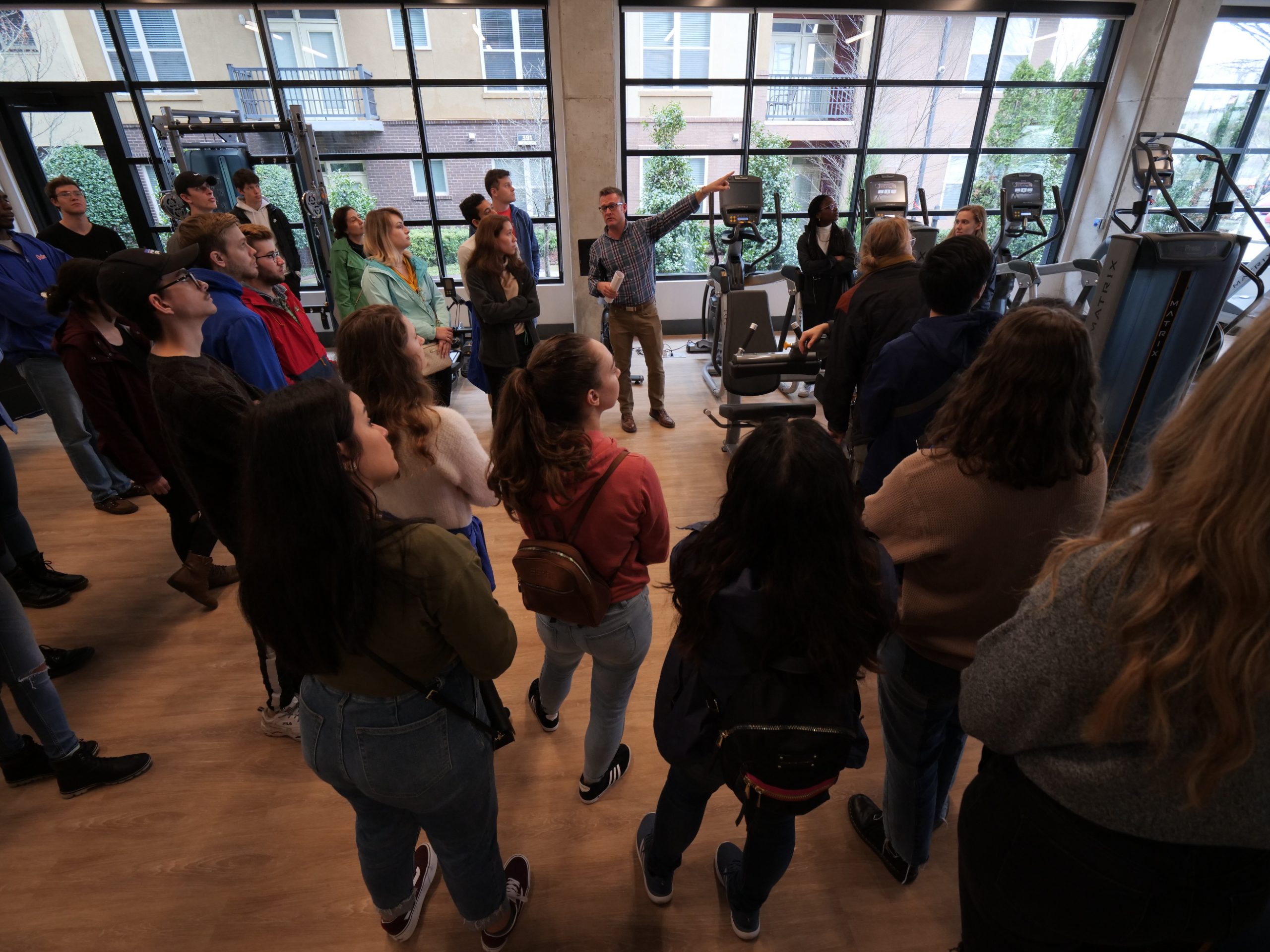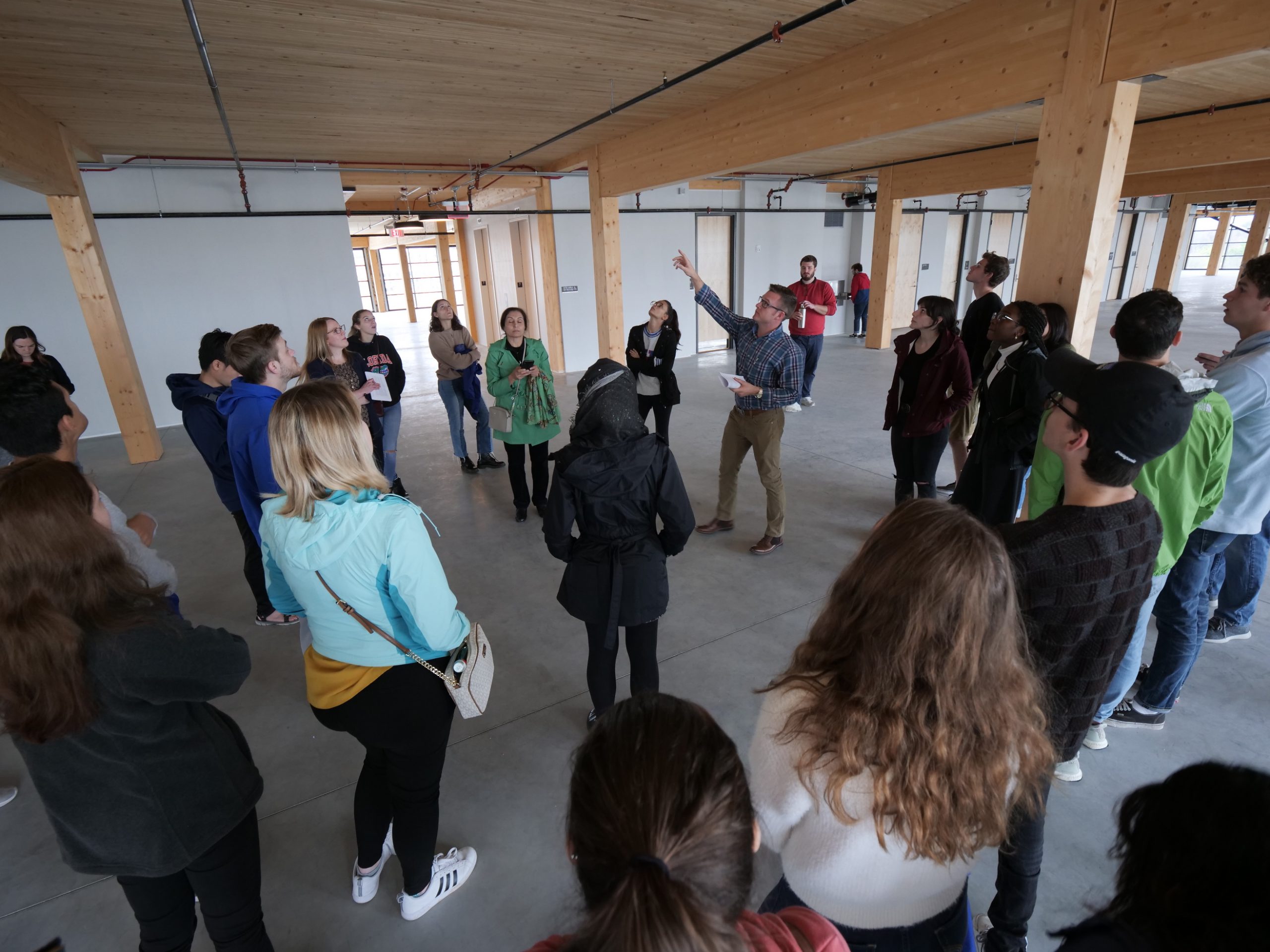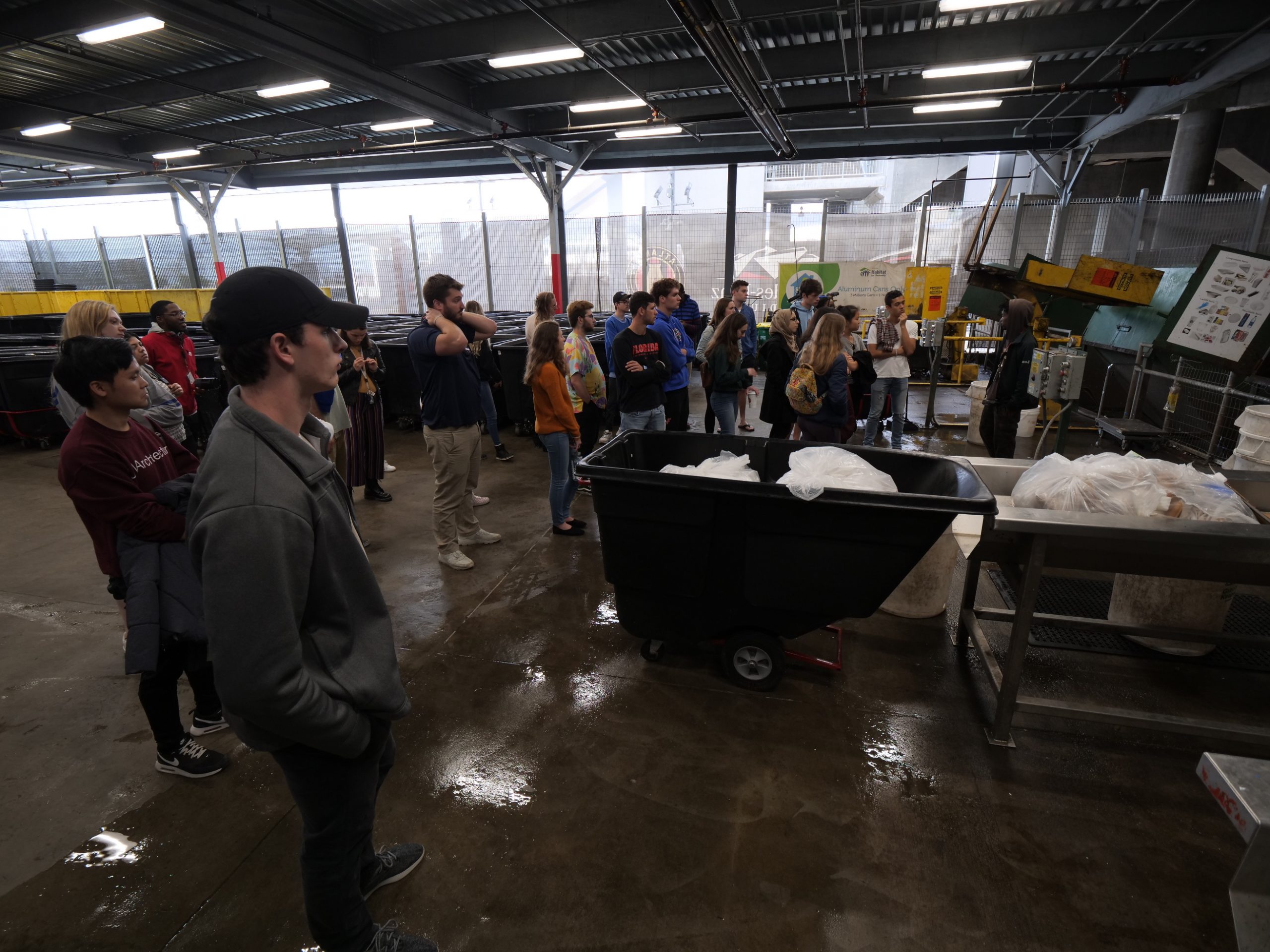Graduate Education
Master of Integrated Sustainable Development (MISD)
Industry Connections & STEM Academics to Take on Today’s Environmental Challenges
The Master of Integrated Sustainable Development (MISD) is an interdisciplinary graduate degree program offered by the University of Florida (UF) College of Design, Construction and Planning (DCP) Sustainability and the Built Environment (SBE) Program. MISD is a STEM (Science, Technology, Engineering, and Mathematics) degree delivering education within the planning, design, construction, and operations of more sustainable and resilient built environments. Through a mix of pedagogical approaches (e.g., from research to collaborative studio projects), MISD students will learn the skills and strategies to facilitate a quadruple bottom line of ecological, cultural, social, and economic sustainability across local, state, national, and international scales.
The coursework offers related concentrations in planning, transportation, engineering, architecture, energy, and sustainable construction. Students will be required to take a minimum two areas of these concentrations.
Our program offers you a rigorous academic grounding in resilient development and the built environment, and you gain the professional networks and individualized professional development you need to excel in your work. The heart of the MISD is the passion, commitment, and dedication of our students and faculty to create change in the world, from helping to preserve habitats to implementing energy-efficient and resilient planning and development of communities and cities at local, national, and global levels that translate into a fulfilling career.
MISD Highlights
The MISD curriculum focuses on collaborative and integrative design, construction, planning, and engineering problem solving, as well as leadership and management, in the built environment. MISD students are critical thinkers, managers of complexity and strategists capable of creating comprehensive assessments and solutions to cross-disciplinary problems with social, political, economic, ethical, and technical components.
MISD Application & Admissions
The Master of Integrated Sustainable Development (MISD) program is designed for individuals with a wide variety of backgrounds and levels of experience. Successful students in the program have come from many different undergraduate educational backgrounds such as sustainability, engineering, planning, design, construction, energy, business management, and economics.
If you are an aspiring graduate student curious about the MISD degree and how you might join the program, we encourage you to review our application steps and checklist.
MISD Courses & Curriculum
Tailor Your Coursework to Your Career Goals
The MISD program provides you with the knowledge base you need to understand complex environmental issues and allows you the flexibility to develop unique expertise and professional experience in the field of your choice. With the help of a dedicated academic advisor, you create a curriculum suited precisely to your goals.
At the beginning of your studies, you will be assigned an academic advisor to help you through the course selection process. Together, you’ll determine which skills you hope to develop and which academic and internship experiences match your goals. Not only will you sample a broad range of courses to aid you in narrowing your focus, but we also provide resources (e.g., alumni talks and more) to help you find the path that’s best for you.
As an MISD student, you will complete 30-credit hours or coursework that reflects a balance between general interdisciplinary knowledge and a specific disciplinary focus. Your course of study includes required core courses, a variety of student-choice elective courses, as well as a student-devised and mentor-advised final capstone project.
Beyond the Classroom
To the greatest degree possible, the MISD graduate program (like our BSSBE undergraduate program) utilizes an active learning model which leverages hands-on experiences, self-directed and mentored research projects, internships, as well as course-based field trips, both local and long distance. We welcome you to discover Where to Next as you find your path to SBE Your Best.
